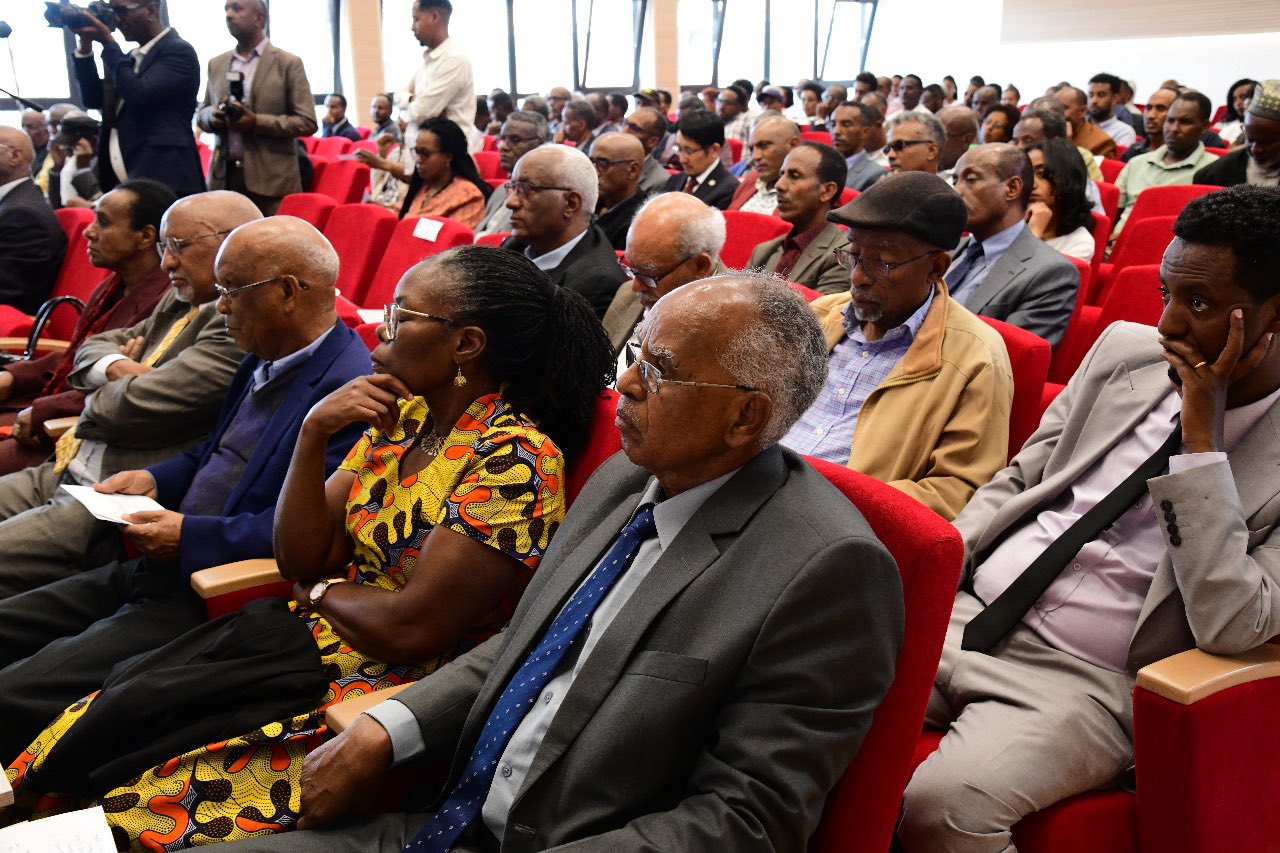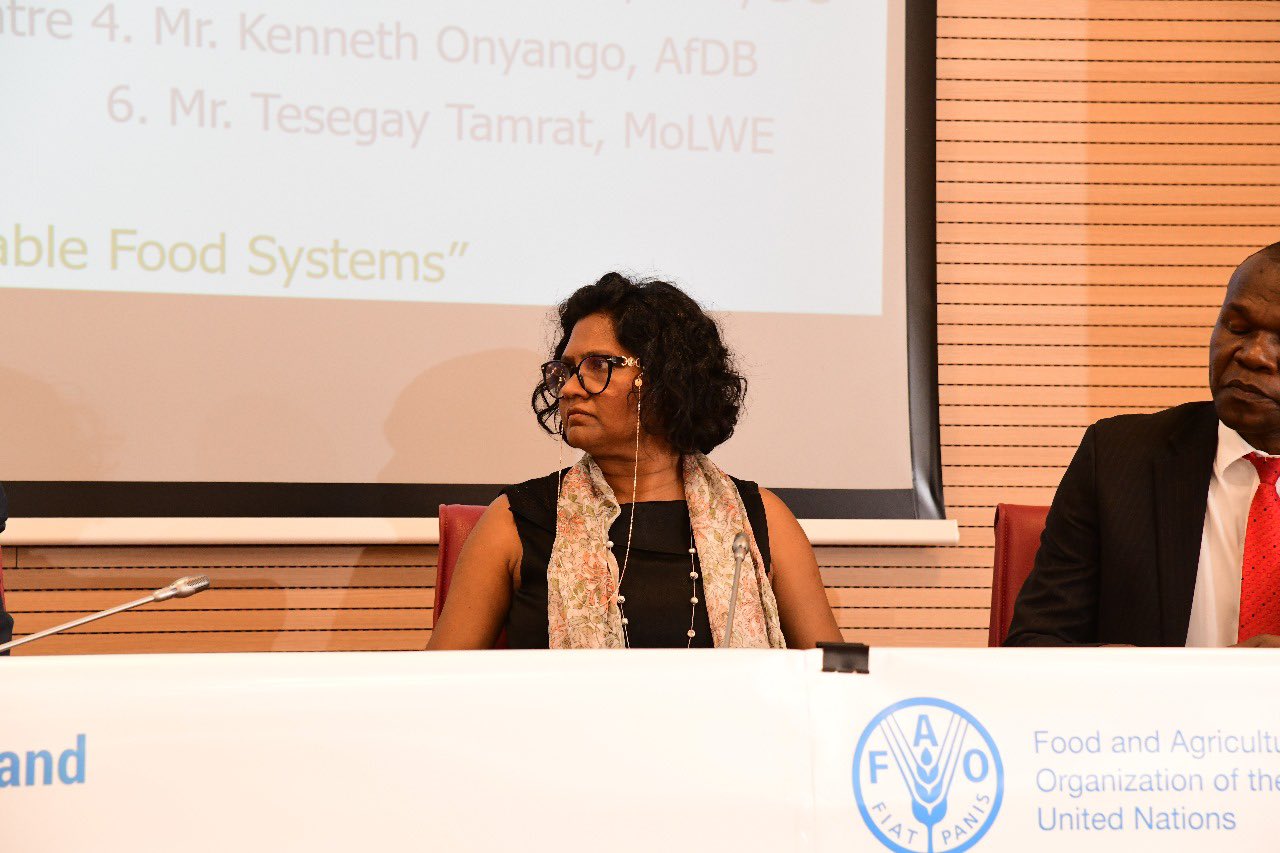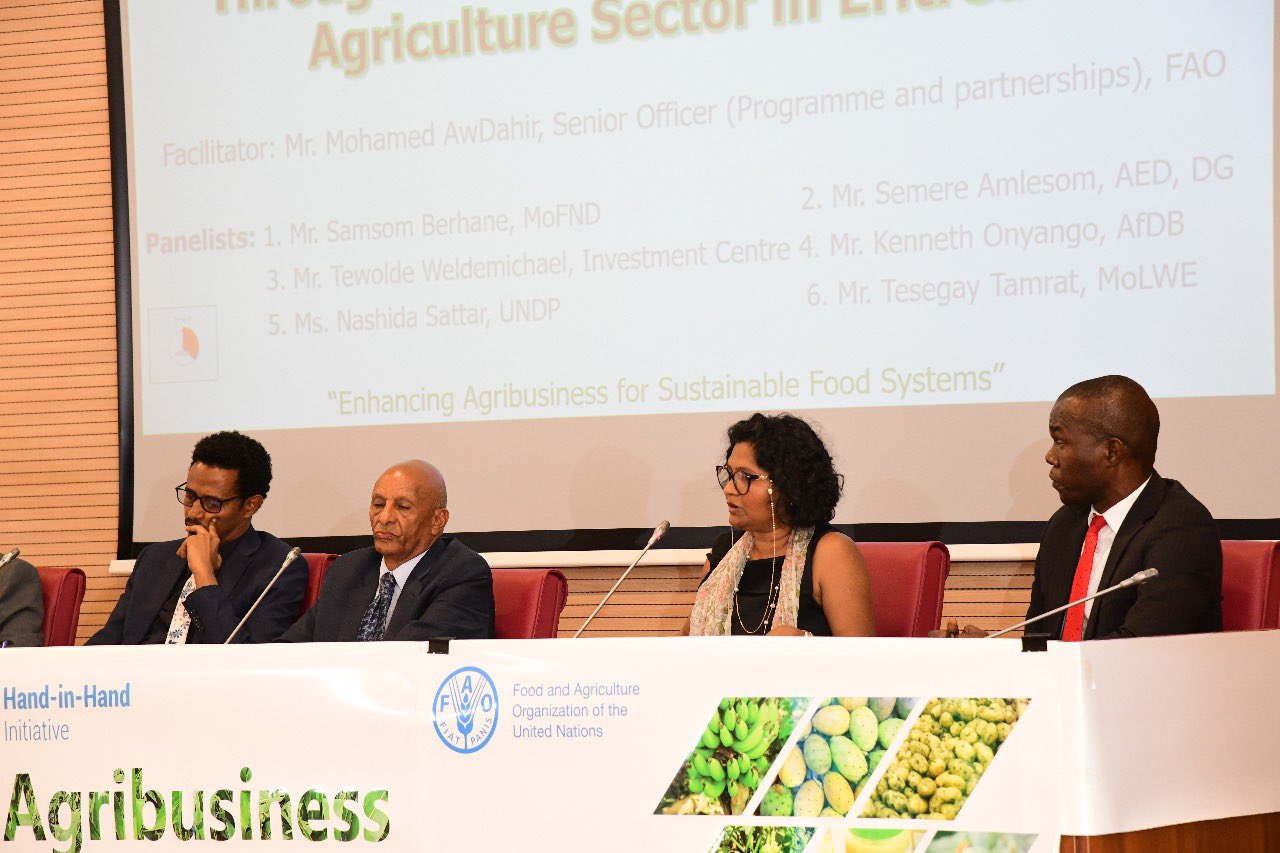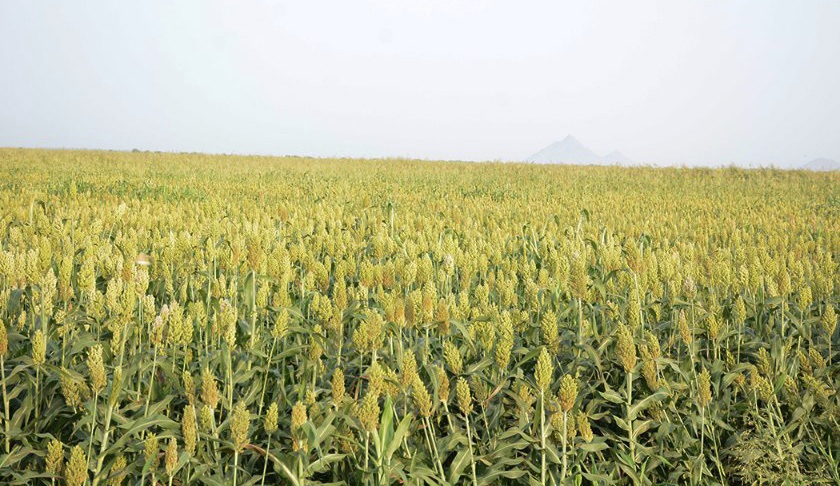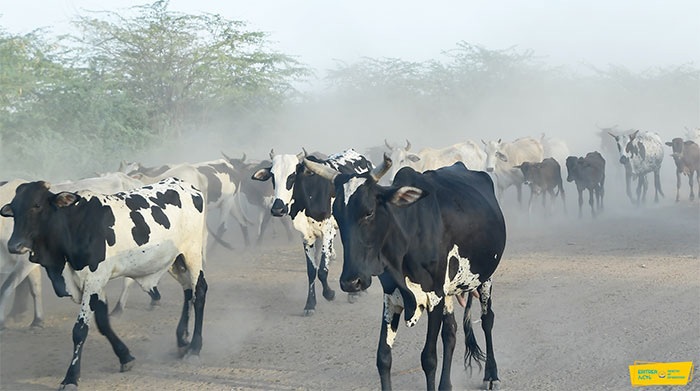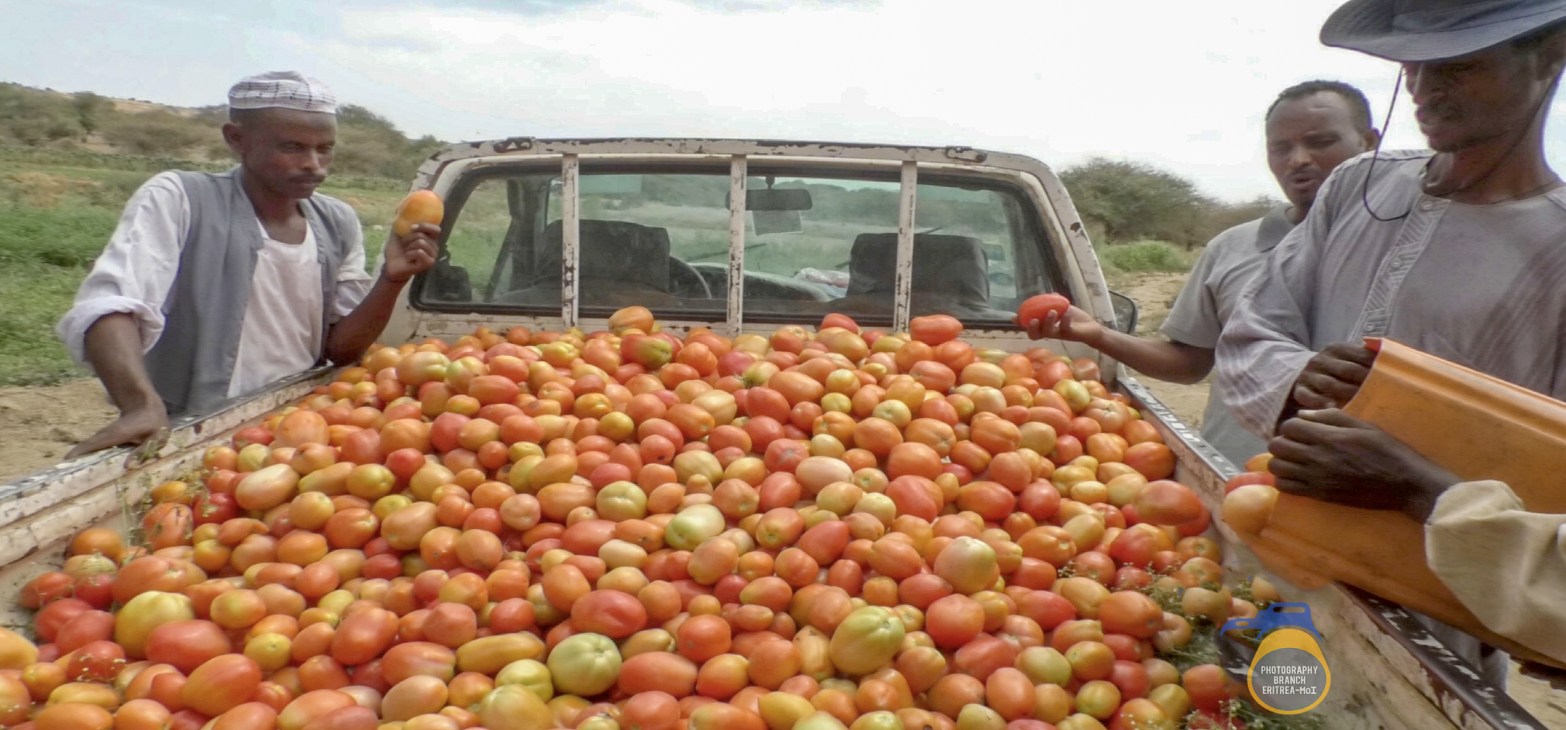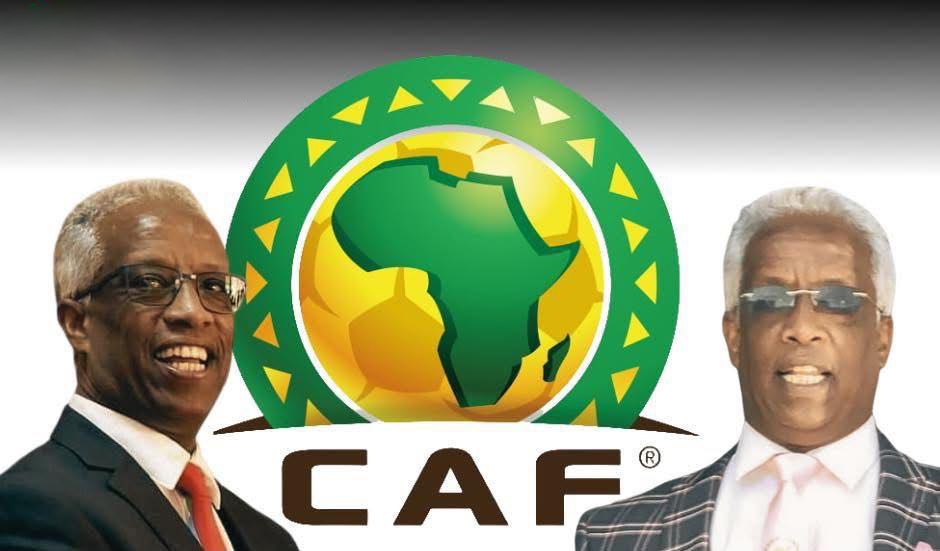

Opinion
A Lie Screamed Loud Is Still a Lie
By: Yonas Aradom
https://shabait.com/2025/04/23/a-lie-sc ... ill-a-lie/
Apr 23, 2025
An article entitled “Eritrea’s Iron Grip: A Deepening Crisis in the Horn of Africa,” dated April 19, 2025 and published in The Reporter by a certain, self-proclaimed, ‘seasoned journalist,’ represents nothing more than a package of recycled lies and mendacious narratives aimed at demonizing Eritrea to justify ulterior motives and objectives. Sadly, this has become the new vogue among newly minted and hired “geopolitical analysts” in Ethiopia.
In lieu of coherent analysis, the piece jumps erratically between sensationalized claims; blending discredited allegations with geopolitical fear-mongering.
Eritrea has endured years of such misinformation campaigns, yet the truth remains unchanged; no amount of repetition can turn baseless claims into reality.
• The worn-out accusation of portraying Eritrean’s National Service Program as “indefinite”, ignores Eritrea’s legitimate security needs in a volatile region. The indelible fact is: Ethiopia occupied sovereign Eritrean territories in violation of international law, which inevitably elicited the prolongation of the National Service. Even today, the authorities in Addis Abeba are immersed in relentless sabre-rattling to snatch ports and coastal lands in the Red Sea
by any means necessary, including military force.
In the event, to portray Eritrea’s contingent and defensive policies as “oppressive” is tenuous and purely dishonest. The National Service Program, which includes vocational training, academic programs, and nation building tasks and that is of limited 18-month duration by law in peaceful times, is otherwise a pillar of national resilience; not the caricature presented by those seeking to defame and weaken Eritrea.
• Similarly, the article dwells on false allegations of “religious persecution’’ in Eritrea. In reality, Eritrea stands as a rare example of inter-faith harmony in the Horn of Africa, where Muslims and Christians coexist peacefully and exercise their faith freely without government encumbrance or interference. This reality contrasts sharply with endemic ethnic and religious strife, which sadly remain the hallmark of other countries in the wider Horn of Africa region..
• The article blatantly distorts reality and contemporary history by depicting Eritrea, as a “regional aggressor”. The indelible truth is Eritrea has been and remains on the receiving end of aggression, particularly by successive Ethiopian regimes, who have coveted its land and maritime territories in violation of international law and established norms; including relevant AU Resolutions on the sanctity of inherited colonial boundaries.
• The report’s most cynical manipulation is its insinuation that,
Eritrea poses a threat to Israel and global trade due to military ties with Iran etc.
This deliberate and worn-out scare mongering tactic, is purportedly aimed at rallying the support of certain Western countries to Ethiopia by invoking the familiar boogeyman of “looming Iranian influence and threat” in the region.
• Eritrea’s stability, unity, and refusal to bow to foreign pressure remain inconvenient truths for its detractors. The nation’s achievements in education, healthcare, and food security, secured despite relentless sanctions and perpetual hostilities, speak louder than recycled allegations. Those peddling falsehoods should ask themselves why Eritrea, alone in the region, is not embroiled in and bedevilled by perennial civil wars, sectarian violence, and detrimental foreign interferences.
• The author’s most absurd premise is his portrayal of Ethiopia as some kind of “regional problem-solver”, uniquely capable of addressing Eritrea’s perceived “problems”. This ludicrous fantasy, which is at odds with the stark reality, exists in the convoluted imagination of the author and his ilk. Indeed, if the author was genuinely interested in probing enduring solutions to chronic problems in the Horn, he would have funneled his efforts closer to home to address the myriad and grave internal conflicts that continue to afflict Ethiopia. As it happens, the audacious premise belies his underlying malicious intentions against Eritrea.
A lie, told repeatedly, does not become truth. Eritrea will continue to defend its sovereignty, pursue its own path to development, and promote peace in the Horn of Africa; regardless of the lies spread by its arch-enemies. The world would do well to see through these distortions and recognize Eritrea for what it truly is; a nation that refuses to surrender its independence to serve foreign agendas.
___________________
The vulture (s) are back. Booted-out by the State Department barely half-way into his six-month temporary contract, the inept Tibor Nagy is frantically scavanging for lobbyist fees and seems to have already secured advance payment from certain quarters.
Reason why he maliciously parrots the diatribes of RASDO, an obscure and inconsequential subversive group created and incubated by previous Ethiopian regimes decades ago.
(Expect more of the same by the ሓንጨ መንጪ League in the coming Eri-Influenza weeks - the historic weeks of Eritrea's 34th Independence Anniversary. Al Jazeera will give ample space to these subversive blogs in its website, albeit with the implausible disclaimer note, for its own ulterior objectives)



